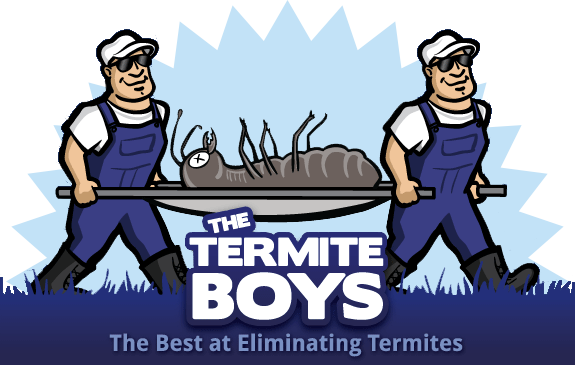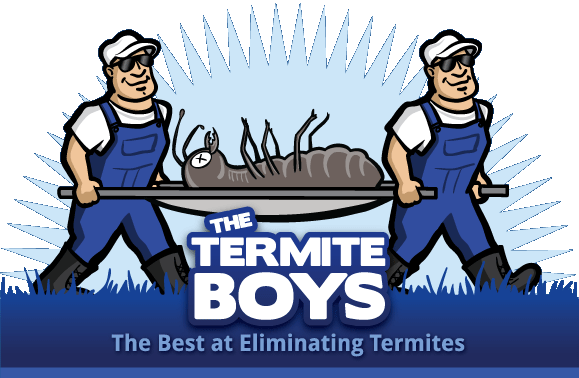Most termite species in the world dwell within tropical regions that provide the insects with the ecological conditions that they need in order to thrive. This is why non-native termite species don’t survive long after being transported to shipping ports located on the coast of Massachusetts and other temperate northeast states. While Massachusetts may not have a problem with invasive termites, the native eastern subterranean termite is abundant within the state. These termites cause a greater amount of destruction to structures in the US than any other termite species, and homes located in the northeast are not immune to their attacks. In fact, one expert in the region claims that one in 36 homes in the Boston area are infested with termites, and not surprisingly, the infestation rate for Cape Cod homes is probably much higher.
It may not come as a shock to learn that Florida and other Gulf Coast states see the greatest degree of termite destruction to homes when compared to all other US regions. However, what is surprising to most people is that the Cape Cod area sees a degree of termite activity that is comparable to the termite activity in the Gulf Coast states. Eastern subterranean termites find the sandy coastal soil to be agreeable. This is because termites can forage quickly in sand, allowing them to locate and infest structures more rapidly than they can in other types of soil.
It is not uncommon for residents of Cape Cod to witness termite swarms within their homes, and outdoor termite swarms are a common sight in the region between April and June. The frequency of termite swarms can indicate how abundant termites are, or will soon become, within the region where they occur. But a lack of termite swarms within a home is not an indication that termites are not infesting the home. Unfortunately, many residents of Cape Cod may not be aware of this, which could also be fueling the high termite infestation rate in the region’s homes.
Have you witnessed outdoor or indoor termite swarms in the past?

